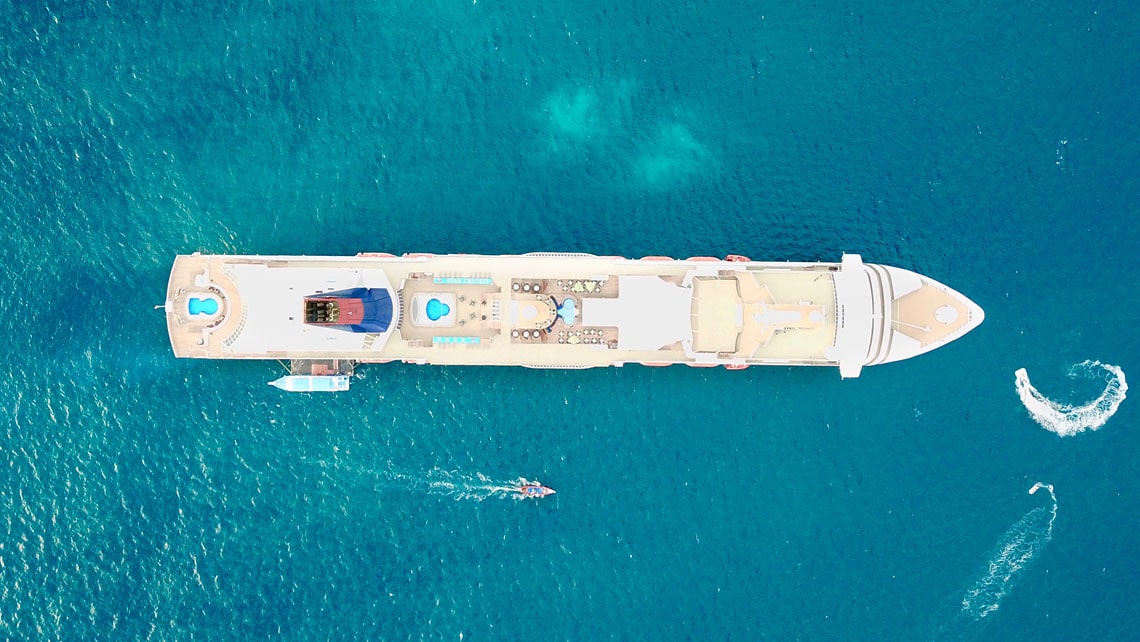At Kemira, we love teaming up with startups to accelerate innovation and deliver sustainable commercial solutions. When Ecohelix founder and CEO Petri Oinonen approached us about a partnership a couple of years ago, we were instantly intrigued. Ecohelix shares our vision of making biobased materials mainstream. And they offered two valuable competitive advantages: the agility of a young company and cutting-edge technology.
Rapidly developing solutions to slow down climate change
When founder Petri Oinonen started Ecohelix in 2014, he figured he could help slow down global warming by applying his educational background in biotechnology and fiber technology.
“The only way you can find new solutions is to think differently, to think outside the box and have a new point of view for a certain problem,” he said.
Approaching the climate issue with a biotechnologist’s toolbox and his deep fiber technology know-how, he developed a novel biopolymer from the woody biomass in paper mill side streams. Ecohelix was born. Petri was able to demonstrate that the company’s proprietary technology was able to turn low-value side streams into high-value products. The outcome: a viable (and renewable) alternative to the petroleum-based polymers that dominate today’s market.
Scaling up with the right partners
The Ecohelix team set its sights on building a demo plant at the Domsjö Fabriker, a Swedish pulp mill that could consistently provide woody biomass as a raw material. But how could a startup like Ecohelix finance, build and staff a demo plant? And where could Petri’s small team find customers big enough to make an impact? It seemed like a tall order.
Petri explained, “We looked for partners that were on top of their game ─ companies that are world leaders in what they do. Kemira is a market leader in chemistry for pulp and paper.” But he proceeded with caution. “You hear a lot of horror stories with big companies; they can squish you,” he said.
Actually, these concerns vanished very soon, and Petri gave compliments to the Kemira team. “I’ve been surprised about how frictionless everything has been. Recalling a recent workshop with the two companies, he added, “My team showed up and they treated us like rockstars. I think Kemira thinks of us like a little brother and takes care of us. It’s very cool.”
Together, Ecohelix and Kemira have made significant progress on the project, even securing EU funding through a joint undertaking dubbed Project VEHICLE. The funding has helped finance Ecohelix’s Swedish demo plant while giving Kemira a chance to actively co-develop final product features, in order to best answer to their customer needs.
I’ve been surprised about how frictionless everything has been. Kemira has received us into their organization with open arms.
Veli-Matti Vuorenpalo, Kemira’s Manager of Global Processes & Projects, explained, “Kemira’s role is to assess the technical and economic feasibility of the renewable, wood-based polymeric products. We have named the project ‘Vehicle’ because we see it as a way to move the bioeconomy forward.”
A winning team
Ultimately, Petri said that he’s pleased with his choice of partner. “Kemira brings a lot of credibility, expertise, resources and channels. We obviously want to get our product into the market, and they are providing just that.”
As for Kemira, we’re happy too. In fact, we think it’s pretty clear there’s no competition between speedboats and cruise ships. Each has its own advantages. Young, dynamic and flexible startups like Ecohelix have the courage to chart unknown waters, speed ahead and adapt quickly. Well-established companies like Kemira have the infrastructure, expertise, and commercial channels. When we team up, we can race toward new horizons together and win.
To learn more about this project or to explore a potential partnership with Kemira, email veli-matti.vuorenpalo@kemira.com
